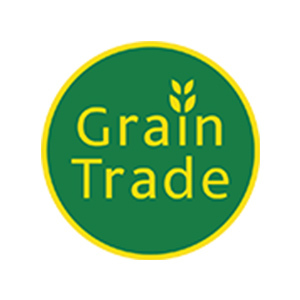In the US Midwest, there have been and will continue to be thunderstorms with temperatures within the normal range, improving the condition of soybean and corn crops. Next week, a heat wave of 32-34 °C is expected, which will reduce soil moisture reserves.
A rainy front could bring precipitation from Canada to the US northwest, but the amount will be negligible.
Moderate to heavy rain fell across the US Central, Northern and Southern Plains and will continue into the weekend in the south. They replenished moisture reserves on crops of spring wheat, soybeans and corn. A heat wave is expected next week in most of the region, with light rainfall possible only in the northwest.
It rained across the prairies of Canada this week, including in dry regions. Over the weekend, cyclones will bring precipitation to the eastern regions, which will improve the condition of canola and spring wheat crops. Temperatures will rise next week, but predicted showers will help crops develop.
In Argentina, winter wheat sowing has been completed, but due to a severe drought, the sowing area turned out to be less than predicted, and corn was harvested on only 66% of the area.
Across most of Europe, mostly in the north, next week temperatures will remain within normal ranges and rains will fall, which will encourage the development of late crops, although somewhat delay the ripening and harvesting of winter wheat.
In the Black Sea region next week, temperatures within normal limits and short-term showers will contribute to the development of corn and sunflower, although they will delay the harvest of wheat and rapeseed.
In most of the Asian territory of the Russian Federation, lower temperatures and precipitation have improved conditions for the formation of grain crops, in particular spring wheat.
In Kazakhstan, according to space monitoring of fields, as of July 10, only 6.4% of grain crops were in excellent condition, 12.4% were in good condition, 41.9% were in satisfactory condition, 26.3% were in poor condition, and 13% were in very poor condition.

 Trading platform
Trading platform 
 Monitoring
Monitoring  Catalog
Catalog 
 Fork Work
Fork Work 
 Service
Service  News
News  Directory
Directory 
